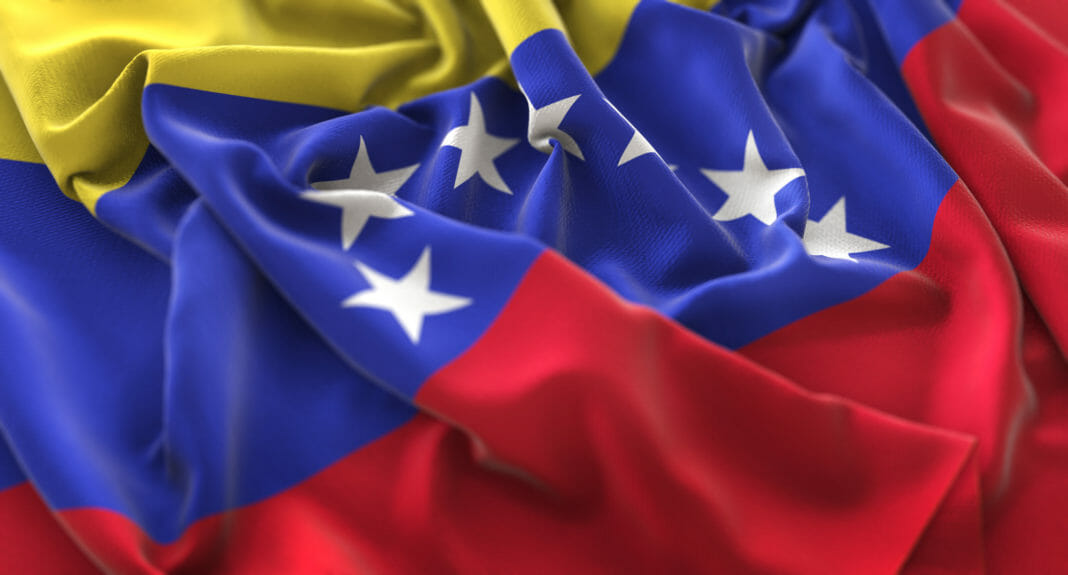The fiscal crash due to the increase is less than 20% of the annual budget. This growth is the first salary increase statement in a year and a half.
The administration of Nicolás Maduro counts on enough resources to execute the salary increase announced last Thursday, March 3, without having to print inorganic funds, as happened before. The statement arrived from the director of Ecoanalítica, Asdrúbal Oliveros, in the Tertulia y Dinero podcast, which got aired last Friday, the 4th, on YouTube.
The launch arrives amid relative stability in the US dollar exchange rate and a slowdown in inflation, according to Jesús Leonett. The new minimum wage revealed by President Nicolás Maduro is 126 bolívares (VED), equivalent to 0.5 petro, the cryptocurrency encouraged by the Venezuelan government. If a food ticket gets added, the resulting integral salary will circle VED 172, which equals 40 dollars.
Oliveros also highlighted that the current minimum wage in Venezuela, until now VED 7, counts at such a low rate that it has lost relevance as a marker of salary in the country.
Oliveros assured that, beyond public employees, the private sector has exponentially increased the minimum income to at least USD 100. According to this economist, the first impact will be at the business sector with the lowest salary levels since pressure will come to light for a proper salary adjustment.
The government explained in the past how monetary expansion works to grant salary increases, which caused almost immediate inflationary effects. Oliveros said the scenario seems different because the current administration has the cash flow to deal with those salary increases.
Greater Liquidity in Venezuela
According to Oliveros, the fiscal impact of this increase in the minimum wage circles USD 3.3 billion. He said the government might receive at least USD 16,000 and USD 18,000 million this year, so he does not expect such intense inflationary pressure, although there could be a slight fluctuation in the exchange rate, not a sudden rise.
Oliveros added that the Venezuelan administration waited a year and a half after the last wage increase, maybe because it hoped to have the required resources.
Although there is talk of a slowdown in inflation, the economist José Miguel Farías, who also took part in the interview, highlighted that inflation is near double digits in Venezuela.
In this regard, a report made by Ángel García Banchs reflected that the purchase of bitcoin became the best alternative to fight against inflation in this South American country in the last two years.
The report highlights that the cost of goods and services in Venezuela grew 395 times in two years, while bitcoin increased with a ratio of 1 to 303 in the same period.
By: Jenson Nuñez











